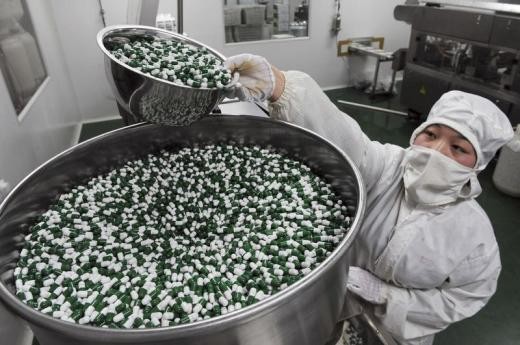After China's National Development and Reform Commission (NDRC) announced its plan to stop controlling medicine prices in the country, experts suggest that the commission should oversee the patent drug negotiations to avoid corruption.
According to the Global Times, after the reform takes effect on June 1, most the medicines, especially the ones sold through open tender system, with enter full market competition.
Currently, most of the tender system-based drugs are already set below the rate of the government.
However, patent medicines that are mostly made by drug companies abroad still need to go through market-oriented price negotiations based on supply and demand, the NDRC said.
This is prior to NDRC's senior official Sun Yang's statement in April, which stated that patented Chinese traditional medicines as well as patented chemical medicines will be included in the price negotiation.
According to reports, the negotiation's guidelines for are still being drafted by the Chinese government as proper procedures are set to be presented.
The negotiations between the country and the drug manufacturers are expected to meet the companies' legal demands.
China's business ties with the international drug manufacturers were also taken into consideration.
However, experts advised the government to look over the negotiation process to avoid exploitations.
The process of manufacturing a new kind of drug takes a huge amount of money and a series of research, which may provoke some giant pharmaceutical enterprises to bribe medicine rate regulators to increase the prices of drugs, the Global Times reported.
In 2014, the Chinese court fined British multinational pharmaceutical company GlaxoSmithKline (GSK) 3 billion yuan ($483 million) and sentenced some of its high-ranking officials to four-year imprisonment after they were proven guilty of bribing officials and doctors to increase drug rates in the mainland, the news site added.
China is known to be a prominent maker of drugs and medical devices as well as provider of healt-care services.
About 80 percent of the medicines in the country are sold through health establishments, and in 2018, the country's spending on drugs will reach approximately $185 billion.



























